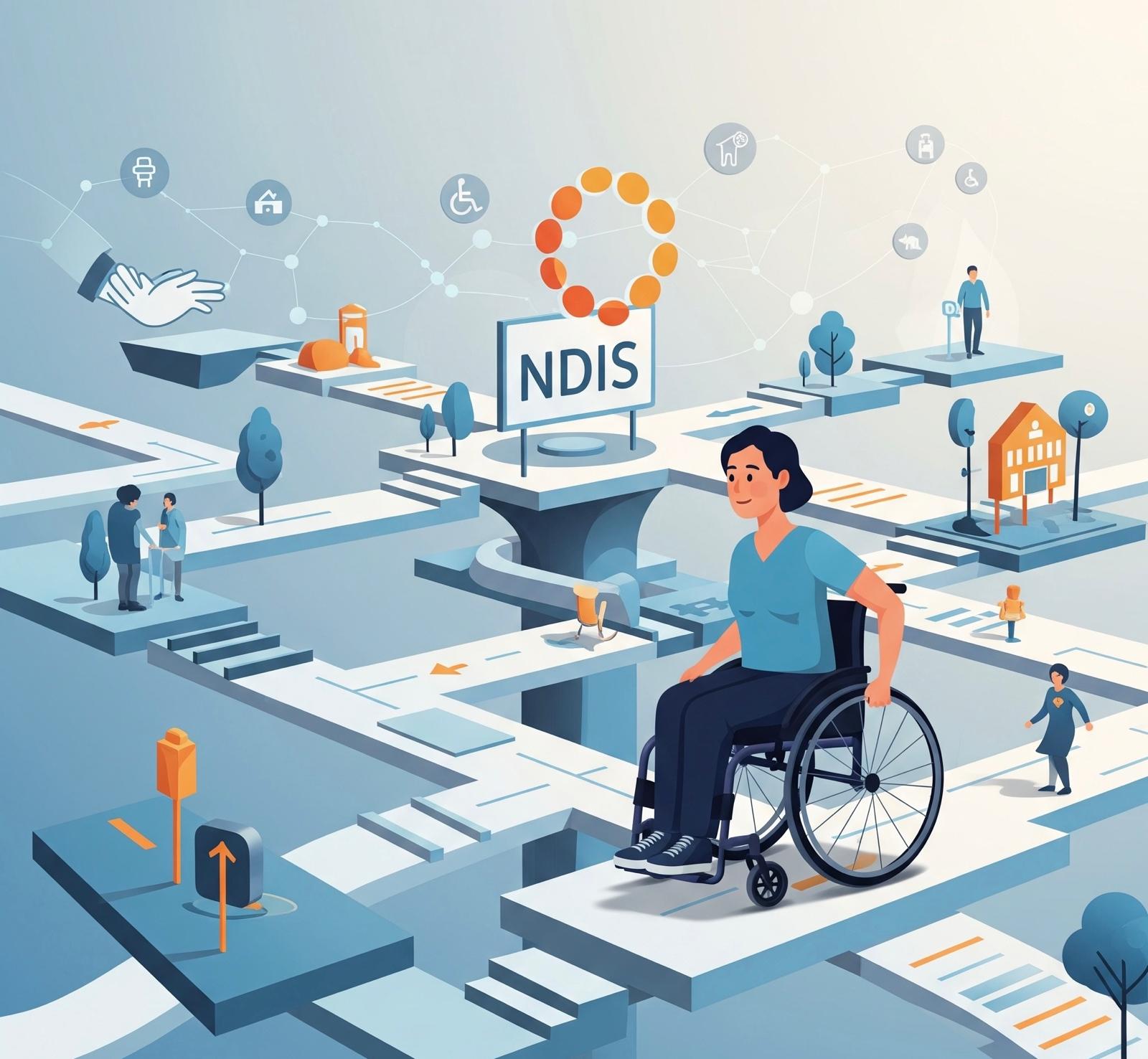Mental Health Conditions That Have Increased Since 2020
Over the past two years, Australia has witnessed a significant increase in certain mental health disorders. This article examines the most notable growth trends in mental disorders across the nation, delving into the reasons behind these increases and their implications for the healthcare system and society. Introduction Mental health has increasingly become a focal point of concern in Australia, particularly in the wake of challenges such as the COVID-19 pandemic. Certain mental health disorders have shown marked increases in prevalence and incidence, drawing attention from healthcare providers, policymakers, and the public. Disorders with Significant Growth Rates Anxiety Disorders: Prevalence: There has been a notable spike in anxiety disorders, with a substantial portion of the population reporting increased symptoms of anxiety, particularly related to health concerns and social isolation. Reasons: Contributing factors include pandemic-related stressors, economic uncertainty, and the social isolation experienced during lockdowns. Depression: Prevalence: Depression rates have also seen a significant rise, correlating with heightened levels of chronic stress and uncertainty. Reasons: Triggers include job losses, financial strain, bereavement, and the overall emotional toll of the pandemic. Substance Use Disorders: Prevalence: There has been an increase in substance use disorders, including alcohol and drug dependency. Reasons: This rise is often linked to coping mechanisms for stress, social isolation, and anxiety. Eating Disorders: Prevalence: Reports indicate a rise in eating disorders, particularly among adolescents and young adults. Reasons: Factors include increased body image concerns exacerbated by social media, disruptions in daily routines, and emotional distress. Implications for Healthcare System The growth in these disorders poses significant challenges for Australia’s healthcare system, including: Increased Demand for Services: Mental health facilities and professionals are facing heightened demand for treatment and support services. Resource Allocation: There is a need for increased funding and resources to adequately address the growing mental health crisis. Public Health Strategies: Preventative strategies and early intervention programs are becoming more crucial than ever. Conclusion The substantial increase in certain mental health disorders in Australia over the past two years highlights the profound impact of societal and environmental stressors on mental well-being. It underscores the need for robust public health strategies, increased resource allocation for mental health services, and continued research into effective treatments and interventions. As Australia navigates these challenges, a collective effort from government, healthcare providers, and communities is essential to address the rising tide of mental health disorders. Take a quick self assessment References Australian Institute of Health and Welfare. (2023). Mental Health Impact of COVID-19. Royal Australian and New Zealand College of Psychiatrists. (2023). Trends in Mental Health Disorders. National Mental Health Commission of Australia. (2023). National Strategy for Mental Health. How to get in touch If you or your patient/NDIS clients need immediate mental healthcare assistance, feel free to get in contact with us on 1800 NEAR ME – admin@therapynearme.com.au.
Mental Health Conditions That Have Increased Since 2020 Read More »





